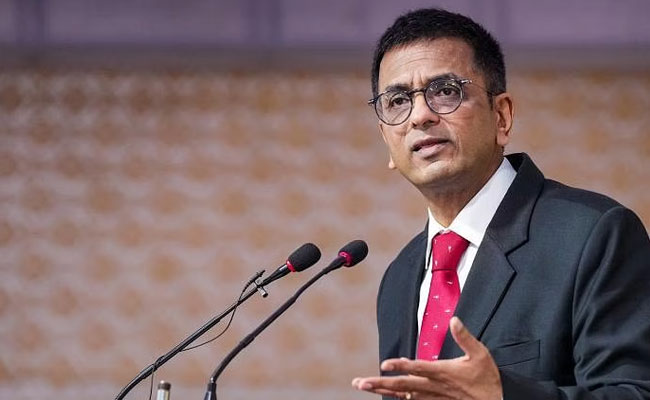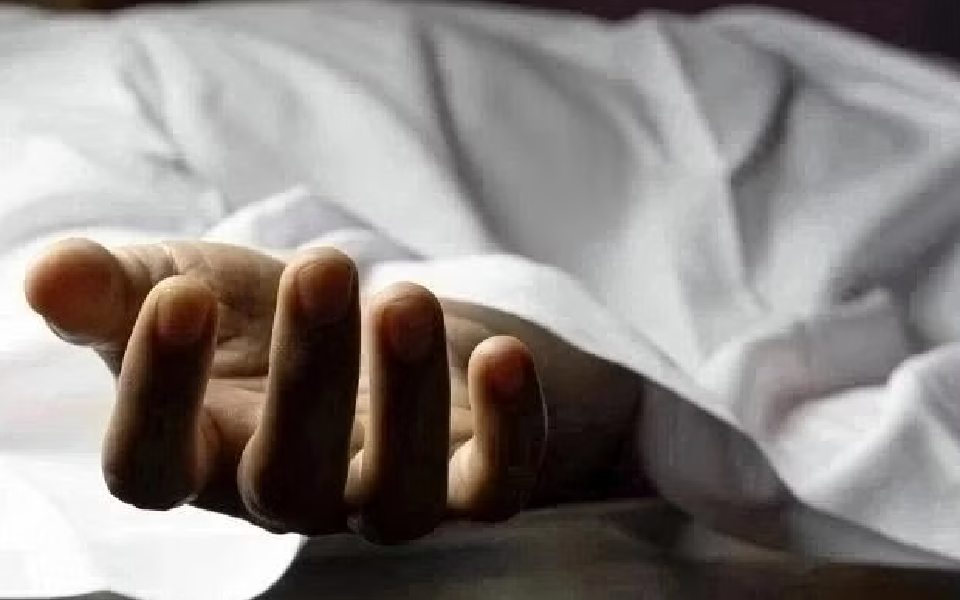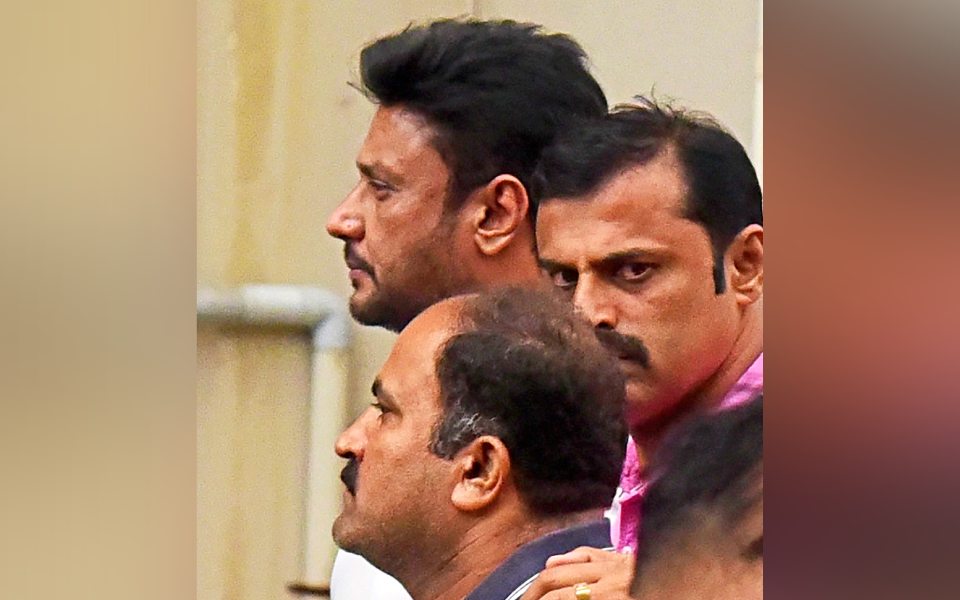New Delhi (PTI): Protocol facilities made available to judges should not be used in a manner which causes inconvenience to others or brings public criticism to the judiciary, Chief Justice D Y Chandrachud has said in a letter to the chief justices of all the high courts.
The CJI in his letter expressed displeasure over a recent incident in which a judge of the Allahabad High Court sought explanation from railway authorities for "not meeting his requirements" during a train journey.
"A Judge of the High Court does not possess disciplinary jurisdiction over railway personnel. Hence, there was no occasion for an officer of the High Court to call for an explanation from the railway personnel 'to be placed before His Lordship for kind perusal'.
"Evidently, the officer of the High Court in the above communication was carrying out a direction of the Judge of the High Court in this instance ('the Hon'ble Judge has desired')," the CJI said in the letter dated July 19.
In his letter, Chandrachud said communication which has been addressed by an officer of the High Court to the General Manager of the Railway establishment has given rise to justifiable disquiet both within and outside the judiciary.
"Protocol 'facilities' which are made available to Judges should not be utilised to assert a claim to privilege which sets them apart from society or as a manifestation of power or authority.
"A wise exercise of judicial authority, both on and off the Bench, is what sustains the credibility and legitimacy of the judiciary and the confidence which society has in its Judges," the CJI wrote.
Chandrachud said he was writing this to all chief justices of the high courts with a request to share his concerns with all their court colleagues.
"Self reflection and counselling within the judiciary is necessary. Protocol facilities which are made available to Judges should not be used in a manner that is liable to result in inconvenience to others or to bring public criticism of the judiciary," the CJI said.
In a recent incident, a judge of the Allahabad High Court called for an explanation from railway officials for allegedly not meeting his requirements during a train journey from Delhi to Prayagraj.
Subsequently, a letter was sent by the Registrar (Protocol) of the Allahabad High Court to the General Manager of the North Central Railway, Prayagraj, seeking explanation on the issue.
Let the Truth be known. If you read VB and like VB, please be a VB Supporter and Help us deliver the Truth to one and all.
Bhubaneswar/Berhampur/Phulbani, Nov 1: At least two tribal women died and six others fell ill after allegedly consuming mango kernel gruel in Odisha's Kandhamal district, police said on Friday.
Consumption of mango kernel, prepared by boiling the seeds in water, was reported from Mandipanka village in the district's Daringbadi block, an officer said.
While one of the two women (Rasmita Pattamajhi aged 22) died on Thursday night at Mohana community health centre in Gajapati district where she was undergoing treatment after "consuming the gruel", another woman (Runu Majhi aged 29) breathed her last while being taken to MKCG Medical College Hospital in Berhampur, Gadapur sarpanch Kumari Mallick said.
Six others, who fell ill after allegedly consuming the gruel, were admitted to a hospital and their condition was critical, said Dr Subrat Das, a medical officer of the health facility.
"All the six have been admitted to the hospital in a serious condition. We suspected that they fell sick due to food poisoning. The exact cause of the illness will be ascertained after completion of the investigation," he added.
The six were identified as Pravati Patmajhi, Dranglu Patmajhi, Tuni Majhi, Susama Patmajhi, Jita Majhi and Jibanti Majhi, Daringbadi BDO Pritiranjan Ratha said.
Meanwhile, the Odisha government has rejected allegations that tribal people have been consuming mango kernel gruel due to a lack of access to rice under the Public Distribution System (PDS).
Rasmita's husband Anil Pattamajhi alleged that they were denied rice under PDS for the last three months because of which his wife consumed mango kernel.
However, Kandhamal district magistrate-cum-collector Amrit Ruturaj dismissed the allegations, saying the family received rice according to PDS norms. "We are awaiting the postmortem report to determine the facts," the collector added.
Deputy chief minister Pravati Parida, who is also in-charge of the women and child development department said, "It is not a case of malnutrition. Mango kernel is part of their (tribal) regular diet. Sometime, the mango kernels get contaminated and lead to such unfortunate incidents. We have been actively spreading awareness about the risks of food contamination."
Health and family welfare minister Mukesh Mahaling, who ordered a departmental inquiry into the death of two tribal women, said a team from the district headquarters hospital and another local team are at the spot to assess the situation and conduct a detailed probe into the incident.
Mahaling said that the government was waiting for the postmortem report for a confirmation on the cause of the deaths. "People in Kandhamal consume mango kernel. It is common in that region and there also have been reports of health complications linked to it in the past," he said.
The Kandhmal incident reminds a similar tragedy involving mango kernel deaths in Kashipur block of Rayagada district, where at least 20 people died in 2001, and two more succumbed to mango kernel consumption in 2016. Additionally, mango kernel has claimed lives in Laxmipur in Koraput district in 2012 and 2013, as well as in Jharigaon in Nabarangpur district in 2018.





